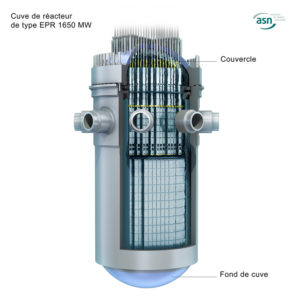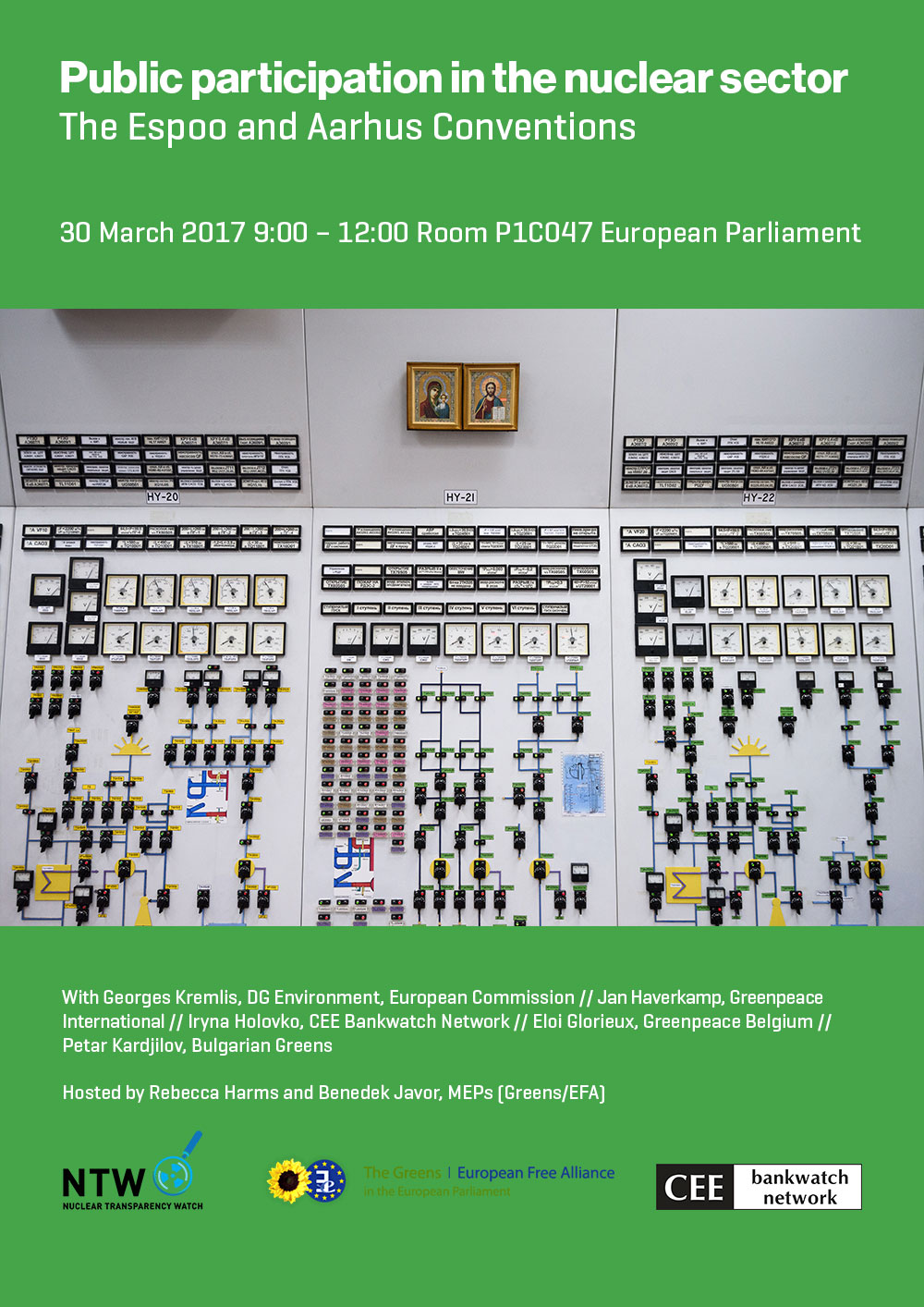During the 4th European Nuclear Safety Conference taking place in Brussels in June 28-29, Johan Swahn, director of the swedish NGO MKG and member of the board of NTW was invited to speak in the panel on Radioactive Waste Management as a representative of civil society.
In parallel of the European Commission’s evaluation of the implementation of the Radioactive Waste Directive by the member states, NTW follows the way member states work with radioactive waste management.
Johan Swahn stated that effective transparency is important for successful decisionmaking in radioactive waste management. All three pillars of the Aarhus Convention (access to information, to public particiption and to justice) have to be implemented. In addition the civil society has to be resourced in a way that preserves the independence of local communities and environmental NGOs.
Johan Swahn also gave an overview of the Swedish situation, showing how a relatively good implementation of the Aarhus Convention there allows the civil society to participate effectively in the consultation processes, especially for the planned repository for spent fuel in Forsmark in Östhammar community.
Download his full presentation here.


You must be logged in to post a comment.